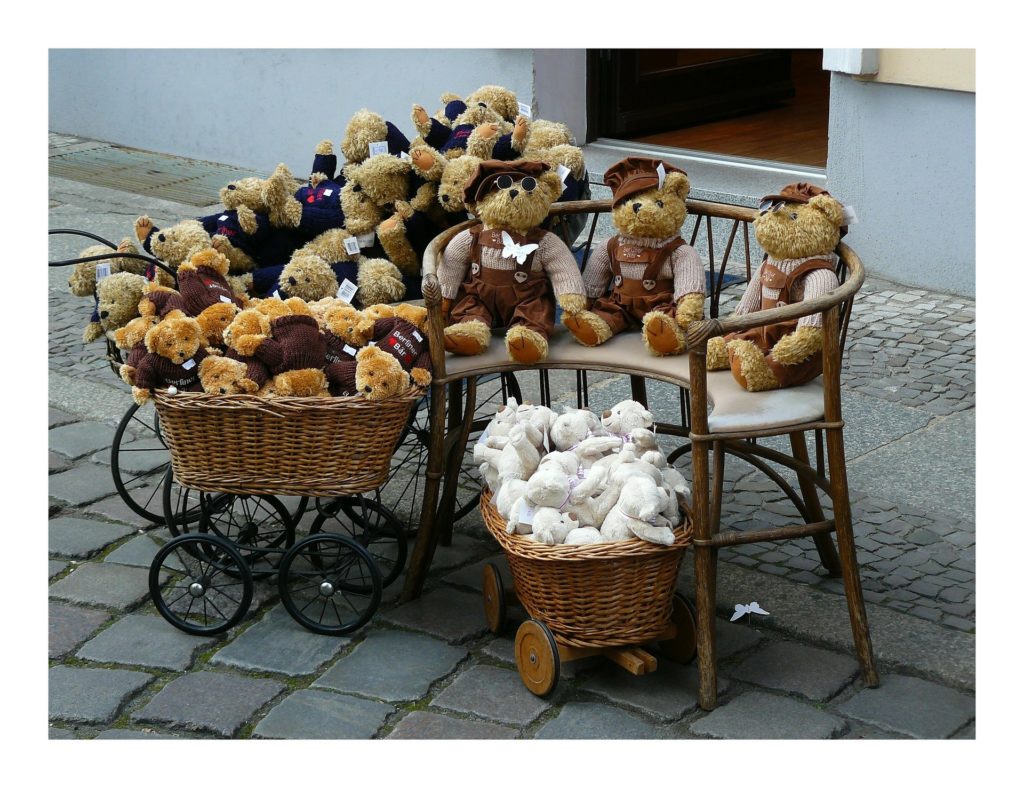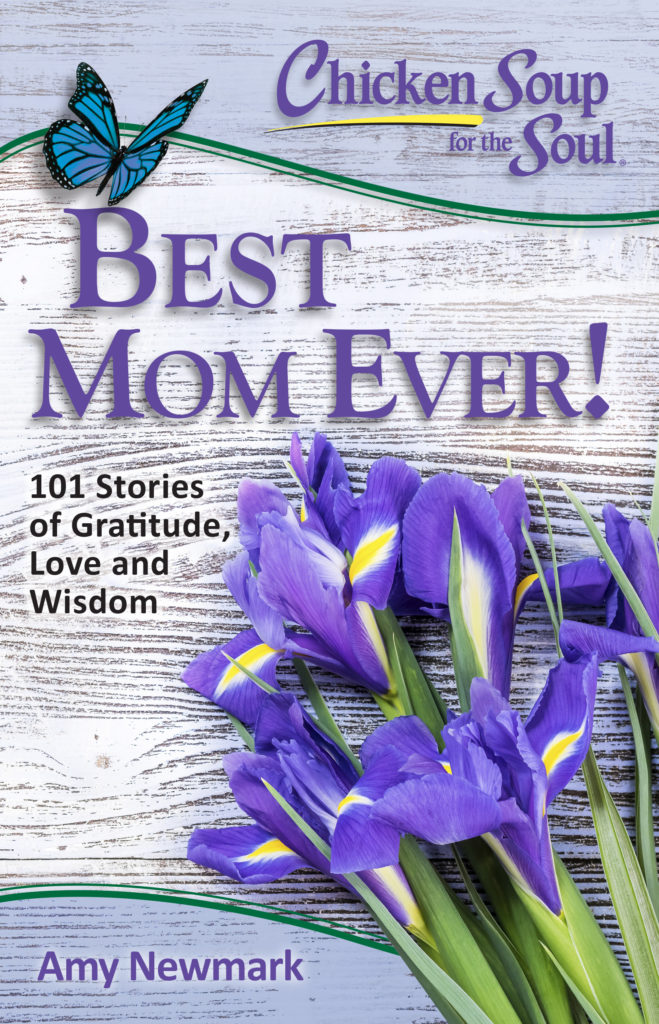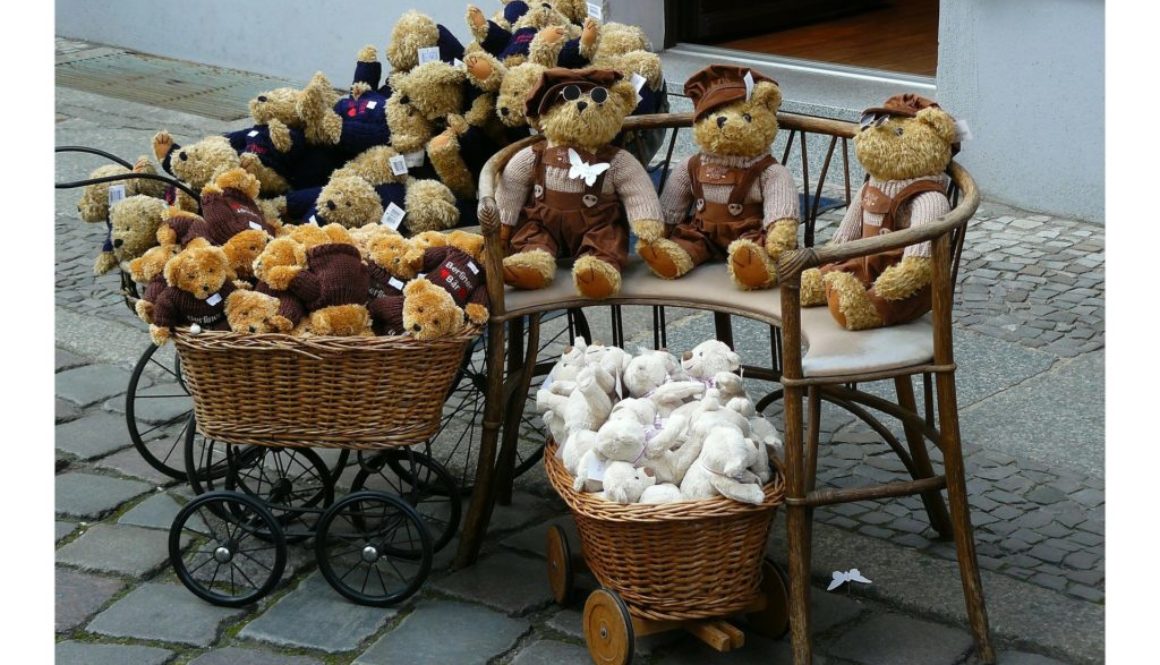A Mom to Many
by Sarah Hamaker

Sometimes, you don’t know how blessed you are until you view your situation through someone else’s eyes. For kids, we often don’t take a look at who our parents are until we’re parents ourselves or have grown up enough to have perspective on our childhoods and the people who raised us.
For me, the revelation that my mother had more to offer the world than just being my mother started after my twelfth birthday when my parents began taking in foster children. From babies to teenagers, my parents eventually had more than 40 foster kids pass through their homes and hearts. Each one held a special place in our hearts, and each one knew without a doubt that they were loved and a part of our family for as long as they lived in our home.
Even as a sometimes sarcastic and unappreciative teenager, I knew something special was happening in our home. It wasn’t easy to be a foster sister to kids who sometimes stole from me, ruined my possessions and invaded my space. But I also knew it wasn’t easy for my parents, either, especially for my mom who was a stay at home mother.
Not many moms would willingly, lovingly continue raising kids for half a century, but that’s what my mom did. She started, as do most moms, with her own children, having two girls and a boy before her 25th birthday. Eleven years after the youngest of the original trio was born, along came a fourth child—me. That meant I was kind of like an only child for a while, given my older siblings left home for jobs and college after high school.
But my parents decided that their house—and their hearts—needed more than one child at home, and so they took up the calling to be foster parents when I was entering the seventh grade. There were babies and preschoolers, tweens and teens, all of whom were in need of more than a place to stay and food to eat—they needed love and comfort and the chance to experience what makes a house a home. All that and more my mom and dad gave them.
Now that I’m a mother of my own, I marvel at how my mom related to these battered, bruised kids who had been treated so abominably by their own moms and dads (and other relatives). Kids who were sexually abused, physically abused, mentally abused and verbally abused. Kids who had never eaten a meal with the entire family seated around a table. Kids who had never had a space of their own in a house. Kids who had never been loved just because. Kids whose back stories broke your heart.
Then they arrived at my parents’ house, sometimes in the middle of the night, sometimes without anything but the clothes on their backs, sometimes with all their meager belongings stuffed into a black trash bag. All of them scared, upset, lonely, and missing their parents.
And greeting them at the door was Mama Jo, my mother, with her heart opened wide. She would settle them into our house as if they were a long-lost son or daughter returning home. Not once did she ever treat any foster child as if they were less than a full member of our family.
Gently, patiently, and lovingly, my mother taught them the things we who were raised in loving families learned from infancy, things like how to treat one another with kindness, how to do chores and how to act at the dinner table. She advocated for them at school, but expected them to do their own school work. She gave them hugs but meted out consequences when necessary. She prayed for them, and showed them how God cared for them as well.
She wasn’t perfect, and she would be the first to admit she made mistakes. But the kids understood that here was someone who cared, who had their best interest at heart and who was a safe haven in the storm of their lives.
Because most of all, she gave them unconditional love and acceptance. My mom never allowed the child’s current circumstances dictate the child’s future—she’s a firm believer that people can change, and kids can too. That attitude, coupled with the amazing successes she and my father achieved with these foster children, led the local social services department to call my parents first with the most difficult cases.
My parents even adopted twins who had been foster kids in our home for several years before their biological mom and dad gave up their parental rights. The boy-girl twins were 14 years younger than myself, meaning my parents willingly extended their child-raising years to care for these two toddlers who by that time called my parents Mom and Dad.
What my mother gave those kids made a lasting difference. Some of their stories we know the ending to because they still keep in touch decades later. The troubled 10-year-old boy who bounced back and forth from his mom’s house to ours as a foster kid now has a successful military career. The abused teenage girl who had started to make unwise choices became a nurse who asked my father to walk her down the aisle when she got married. The sexually abused nine-year-old girl who developed an annoying personality to cope credits my mother for showing her she was loveable and is now married with children of her own.
When I reflect on the half century my mother spent raising kids, the majority of which were not her own by birth, my heart overflows with love and gratitude at the example of motherhood she gave me and countless others. To me—and I’m sure to all of those foster children she loved so much—her model of mothering has been the pattern that I strive to follow. If more mothers were like Mama Jo, the world would indeed be a better place.
This story originally appeared in Chicken Soup for the Soul: Best Mom Ever!




